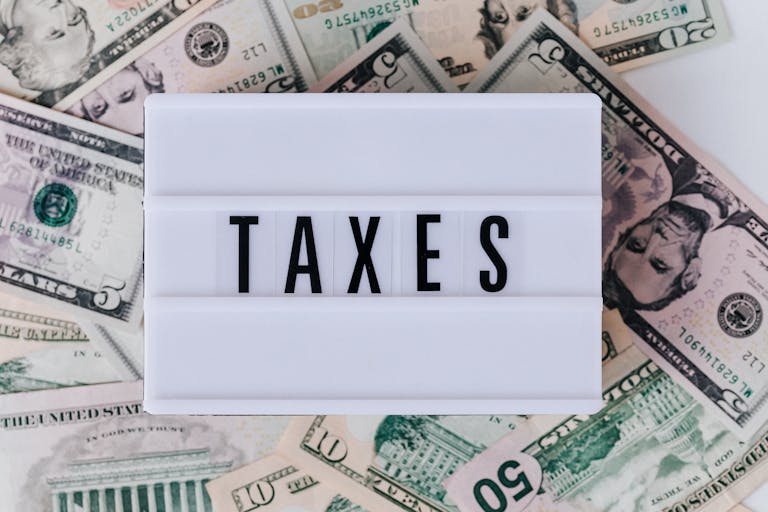6 Credit Card Strategies to Help You Weather a Recession

As economic tides shift, it’s crucial to fine-tune your financial strategies to stay afloat during tough times. A recession can tighten the financial screws on many, making it essential to have a game plan for your credit cards. Whether you’re aiming to maintain your credit health, reduce debt, or simply make the most of your cards, there are smart moves you can make to safeguard your finances. Let’s dive into six actionable credit card strategies that could help you navigate through a recession, ensuring you emerge on the other side in as strong a position as possible.
Track Your Spending with AI Tools (85% of Americans Are Concerned About Economic Changes)
Understanding where your money goes each month is the cornerstone of sound financial planning, especially when economic uncertainty looms. With advancements in technology, leveraging AI-based budgeting tools can simplify this process significantly. By analyzing your bank and credit card statements, these tools categorize your spending, giving you a clear picture of your financial habits. This insight allows you to make informed decisions on where to cut back or redirect funds, ensuring you’re not caught off guard by unexpected expenses or economic downturns.
Strengthen Your Emergency Fund (48% Feel Financially Adrift)
Having a financial cushion is like having a life vest in the turbulent sea of a recession. It’s not just for dire emergencies but for all those unpredictable expenses that life throws your way. By reallocating your budget or cutting unnecessary expenses, you can bolster your emergency fund. This proactive step can be a game-changer, helping you avoid the trap of high-interest credit card debt when faced with unforeseen costs. Remember, an emergency fund is your first line of defense against financial stress.
Maintain Healthy Credit Scores (High Scores Open Doors)
Your credit score is your financial passport. During a recession, maintaining a good score is more crucial than ever, as it broadens your access to necessary financial resources. Timely bill payments are key to keeping your scores up. Late payments can significantly dent your credit, making it harder to qualify for loans or new credit lines when you most need them. Setting up autopayments or alert reminders can help ensure you never miss a due date, keeping your credit score in healthy territory.
Strategize Your Debt Repayment (Debt Avalanche vs. Snowball)
When money gets tight, having a solid plan for your debt can provide much-needed peace of mind. Whether you choose the avalanche method, focusing on high-interest debt first, or the snowball method, tackling smaller debts for quick wins, the goal is to minimize interest payments and clear the path to financial freedom. Consider consolidating your debts to lower interest rates, making repayments more manageable and saving you money in the long run. This proactive approach can make a significant difference in your financial resilience during a recession.
Maximize Credit Card Benefits (A Third of Cardholders Are Unaware of Payment Plans)
Credit cards come with a variety of benefits that can be particularly useful during economic downturns. From cash back on everyday purchases to no-interest financing on big-ticket items, these perks can help stretch your budget further. However, it’s crucial to fully understand the terms and conditions associated with these benefits to avoid unpleasant surprises. Whether it’s making sure you pay off a purchase before a promotional period ends or taking advantage of installment payment plans, knowing and using your card’s benefits can lead to significant savings and financial flexibility.
Don’t Be Afraid to Seek Help (Act Before 90 Days Overdue)
Life can be unpredictable, and sometimes, despite our best efforts, we find ourselves unable to meet our financial obligations. If you’re struggling to pay your credit card bills, reaching out to your card issuer sooner rather than later can open the door to helpful solutions. Many issuers are willing to work with you to adjust payment plans, waive fees, or even lower interest rates, but they need to know about your situation to help. Proactively seeking assistance can prevent your account from falling into delinquency, protecting your credit score and giving you breathing room to recover financially.







